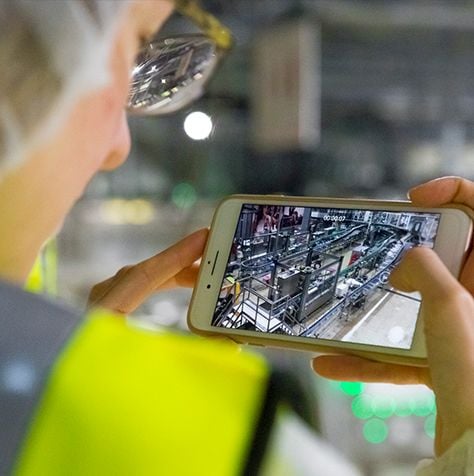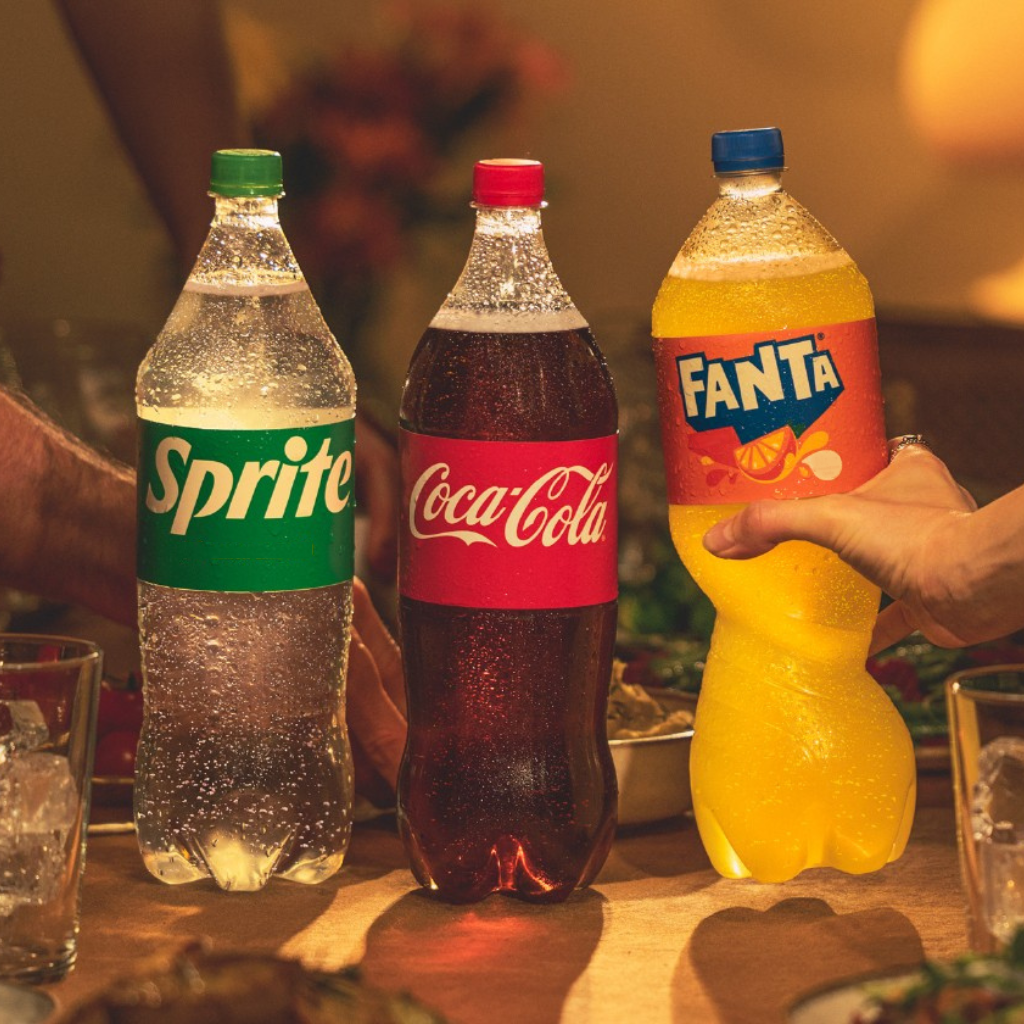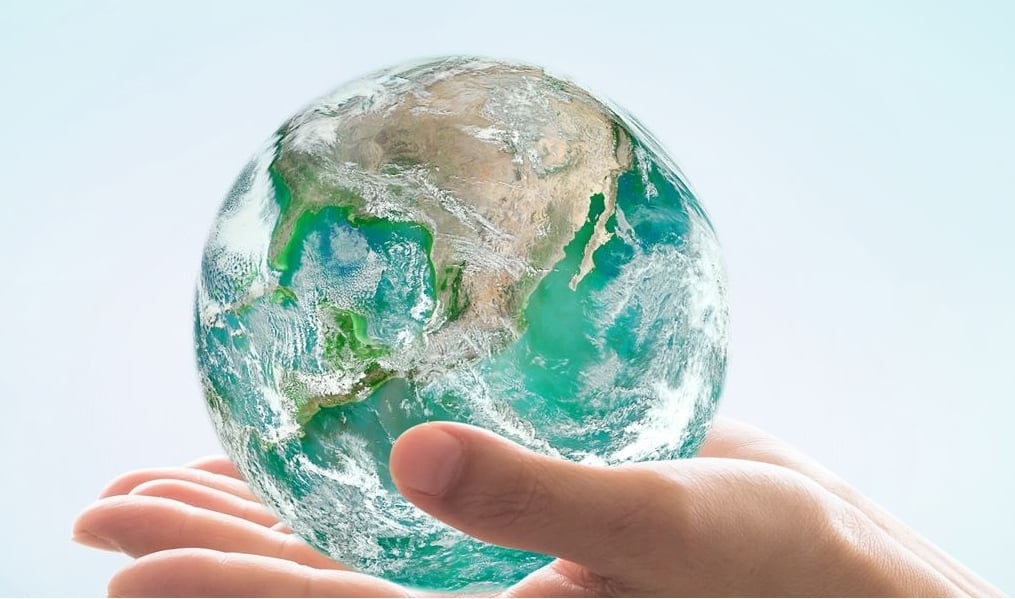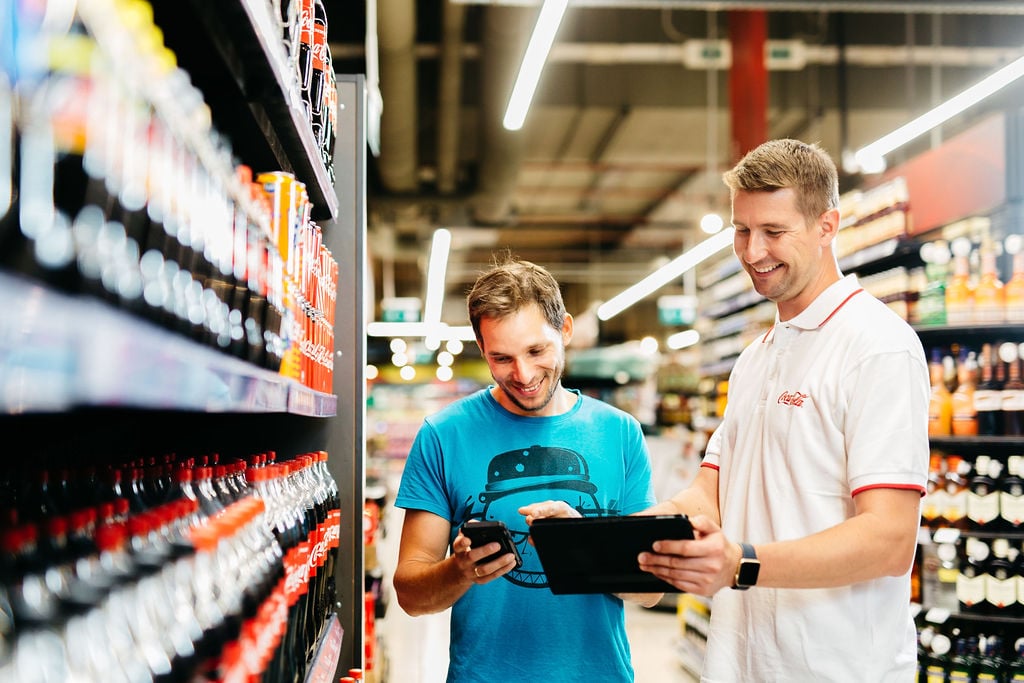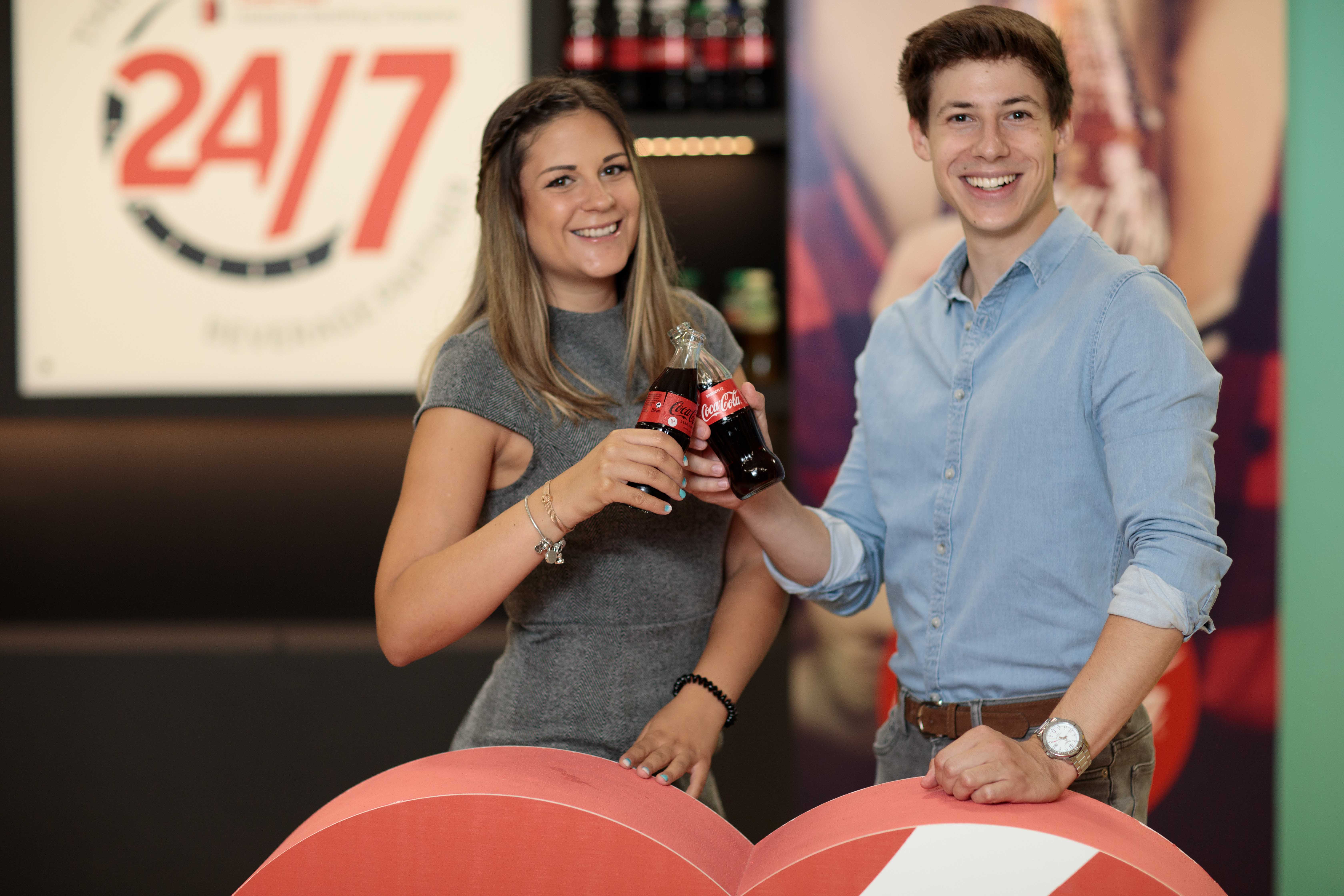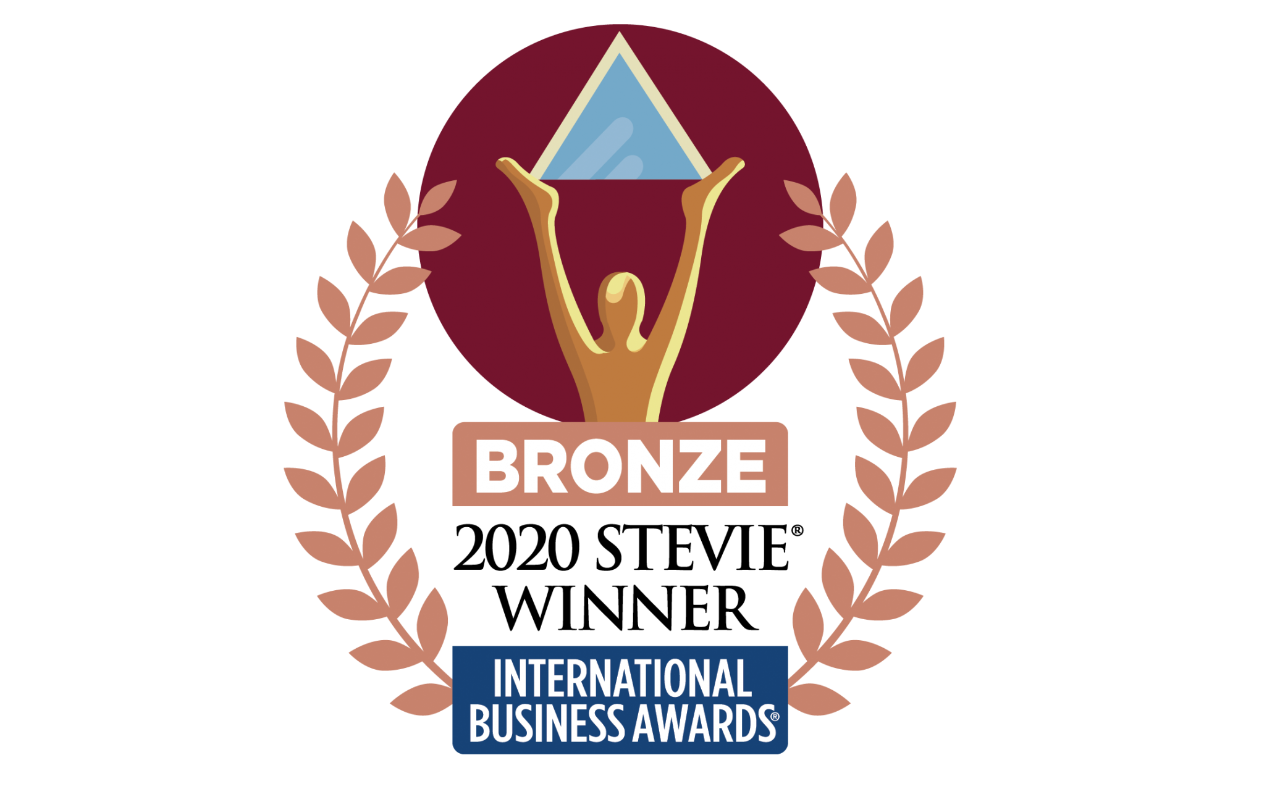The amount of waste generated on our planet has received increasing attention recently. Coca-Cola Hungary has taken part in the management of the problem: they have embarked on a comprehensive, multi-year plan that directly addresses packaging issues. The company is committed to being not only a part of change but also an engine for it.
The goal of the World Without Waste strategy is to make all of the company's primary packaging materials 100% recyclable by 2030 – the PET bottles used by Coca-Cola HBC Hungary are already 100% recyclable excluding label and cap. Another commitment is to use an increasing proportion of recycled PET for the production of PET bottles – the goal is 35% by 2025 and 50% by 2030.
One of the cornerstones of Coca-Cola Hungary's sustainability goals is their commitment to a World Without Waste, but their aspirations do not stop there. They want to create a sustainable cycle that spans through the entire life of their products, which includes sourcing raw materials, designing and recycling products and packaging, manufacturing processes, and social cooperation for common goals. As a result of the developments in recent years, an average of 15% less plastic is needed to produce one bottle than in 2010.
The Zero Waste Tisza program is an important element of the World Without Waste strategy: in the summer of 2019, Coca-Cola Hungary – together with the General Directorate of Water Management and the PET Cup – committed to clean up Hungary's second largest river, the Tisza. The Zero Waste Tisza program is supported by The Coca-Cola Foundation – the global foundation of Coca-Cola – with HUF 73 million (USD 250 000), and focuses on the plastic pollution of the river and the cleaning up of floodplain waste dumps, which Coca-Cola Hungary supports with volunteer days as well.
In cooperation with the PET Cup, the main goal of the two-year-long Zero Waste Tisza program is to collect and recycle at least 80 tons of waste during this period. So far, the company has collected more than 49 tons of waste with the PET Cup. In addition to financial support, Coca-Cola Hungary has already organized three volunteer days with their colleagues, involving almost 170 people.

